Chinese Yulin Shows Turkmen Youth an Agricultural Future
01.08.2025 | 04:05 |A youth team of Turkmen journalists, who are in China on a study tour, flew early in the morning from Beijing to Shaanxi Province to visit Yulin and meet the future of agriculture. Yulin welcomed us warmly, with the hospitality typical of the Chinese, and gave us a feeling of something native: it was much warmer here than in Beijing, and although not as hot as these days in our Ashgabat, we still felt the breath of home.
The city itself turned out to be amazing, where a rich historical heritage and ancient streets coexist with the urban avant-garde. Here, where a few decades ago there was a desert, today there is a dynamically developing center, a leader in coal mining and the development of renewable energy sources. Yulin is a shining example of how tradition and innovation can not only coexist, but create a harmonious whole. It was in this unique environment that we were about to see how China is changing the face of agriculture.
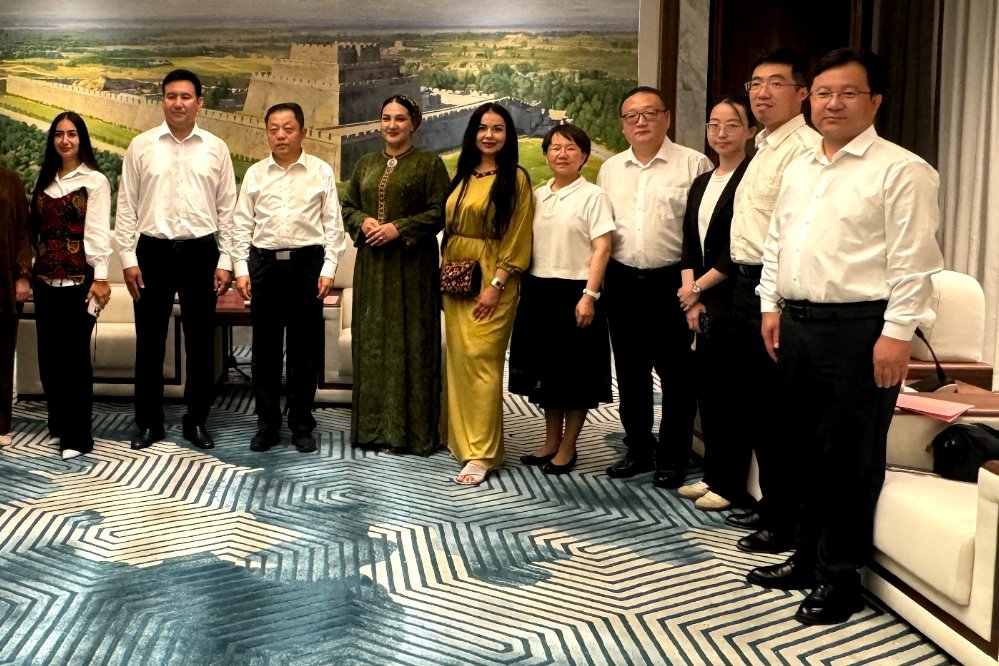
Where the Desert Blooms...
Our first stop was the Yuyan Modern Agricultural Industrial Park. These are not just fields and greenhouses, but a true innovation center where technology works in harmony with nature. We were shown a comprehensive system that combines advanced agricultural technology, high-tech processing plants and smart logistics.
We saw with our own eyes how GPS navigation, automatic irrigation systems and soil analysis using artificial intelligence are used here. Farmers grow rice, corn, vegetables and fruits, while successfully using water-saving and environmentally friendly technologies. Drones monitor crops, and innovative storage and processing methods help preserve the harvest and minimize losses.
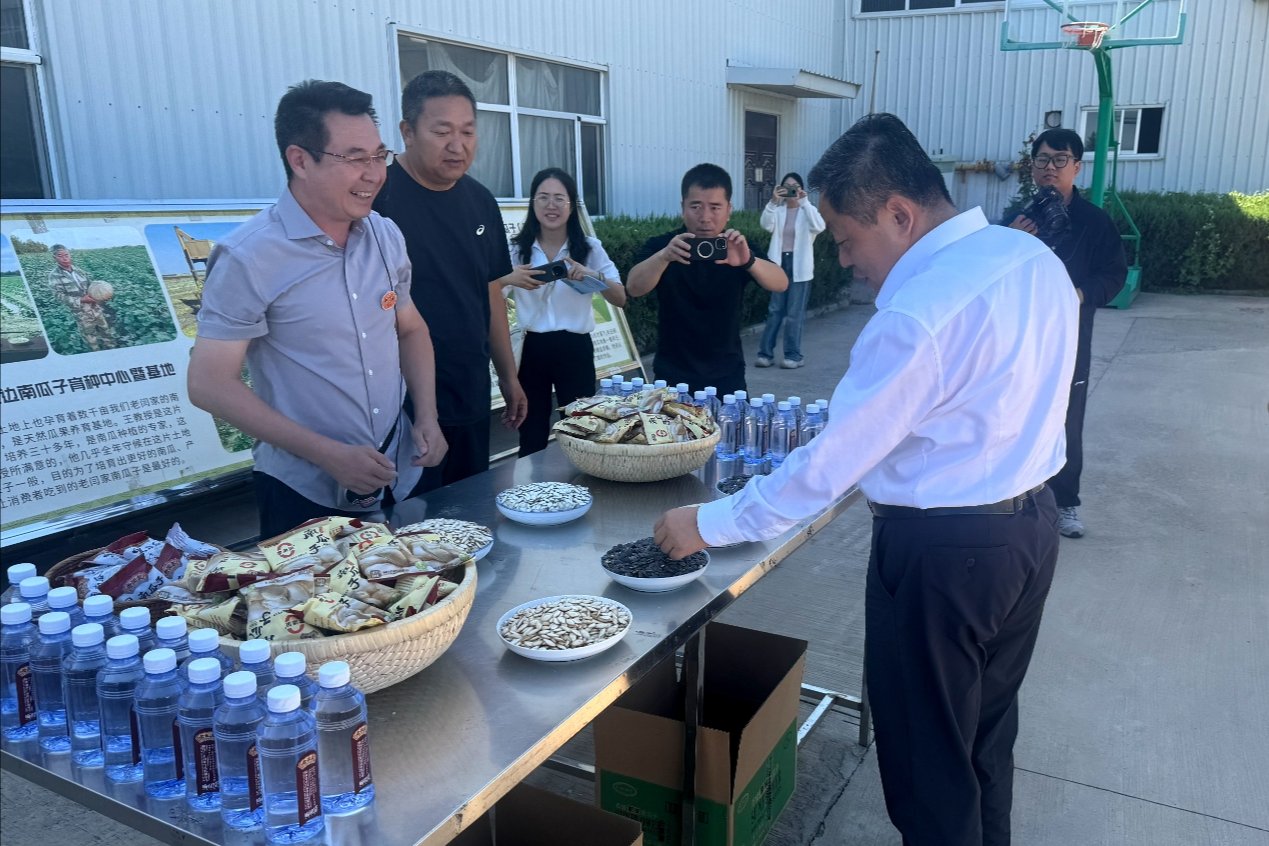
The numbers speak for themselves: thanks to the introduction of such technologies, the yield here has increased by 30-40%. This is a real breakthrough. The goal of the agropark is not just to grow food, but to create a sustainable agro-ecological system where science, social responsibility and business go hand in hand.
By the way, Yulin plans to host Turkmen farmers for special trainings and seminars in October. This is an excellent opportunity for direct exchange of experience and establishment of connections.
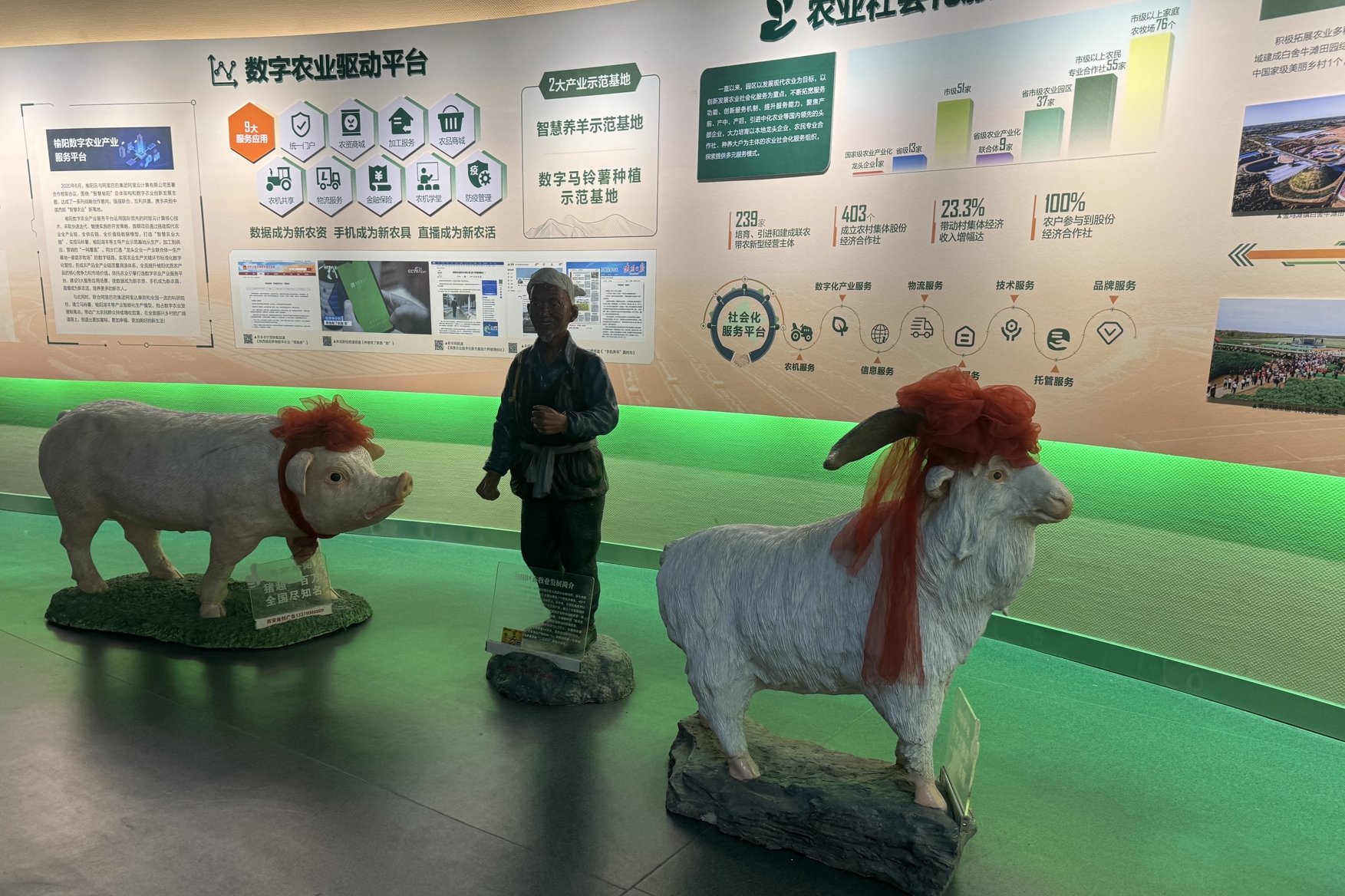
Sunflower Seeds as a Science - From Field to Packaging
Next, our team, led by Velmurad Ovezov from the Youth Organization of Turkmenistan, went to a processing plant for the production of sunflower seeds. This is not just a plant, but the pride of Yulin, which is considered one of the largest producers of sunflower and pumpkin seeds in China. They are exported to dozens of countries around the world.
We saw the entire process, from sorting and roasting to high-tech packaging. We were particularly impressed by the multi-stage quality control system, including manual inspection at each stage. Here, China acts not only as a manufacturer, but also as a leader in selection and maintaining varietal purity.
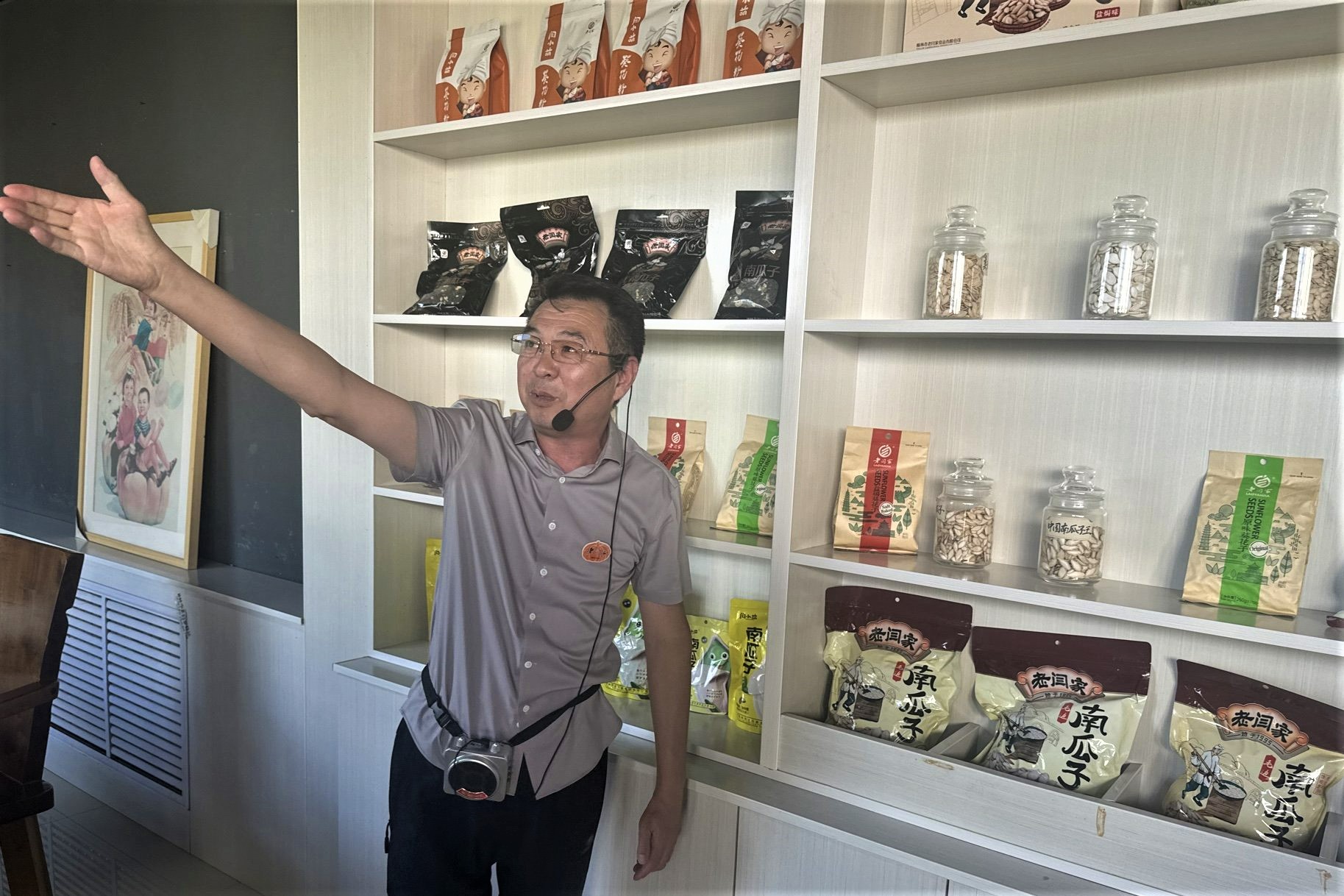
This approach allows not only to increase the yield and quality of products, but also to train a new generation of specialists capable of working in the digital economy. The Yuyan base serves as an example of how traditional agricultural methods can be successfully integrated with modern technologies, creating an effective and sustainable model for the development of the agro-industrial complex.
How Yulin's Innovations Can Enrich Turkmenistan
Returning to the idea with which we began our series of publications — about how our youth delegation can become a bridge between cultures, I would like to say: what we saw in Yulin is not just an interesting excursion, but a valuable experience that can be adapted here.
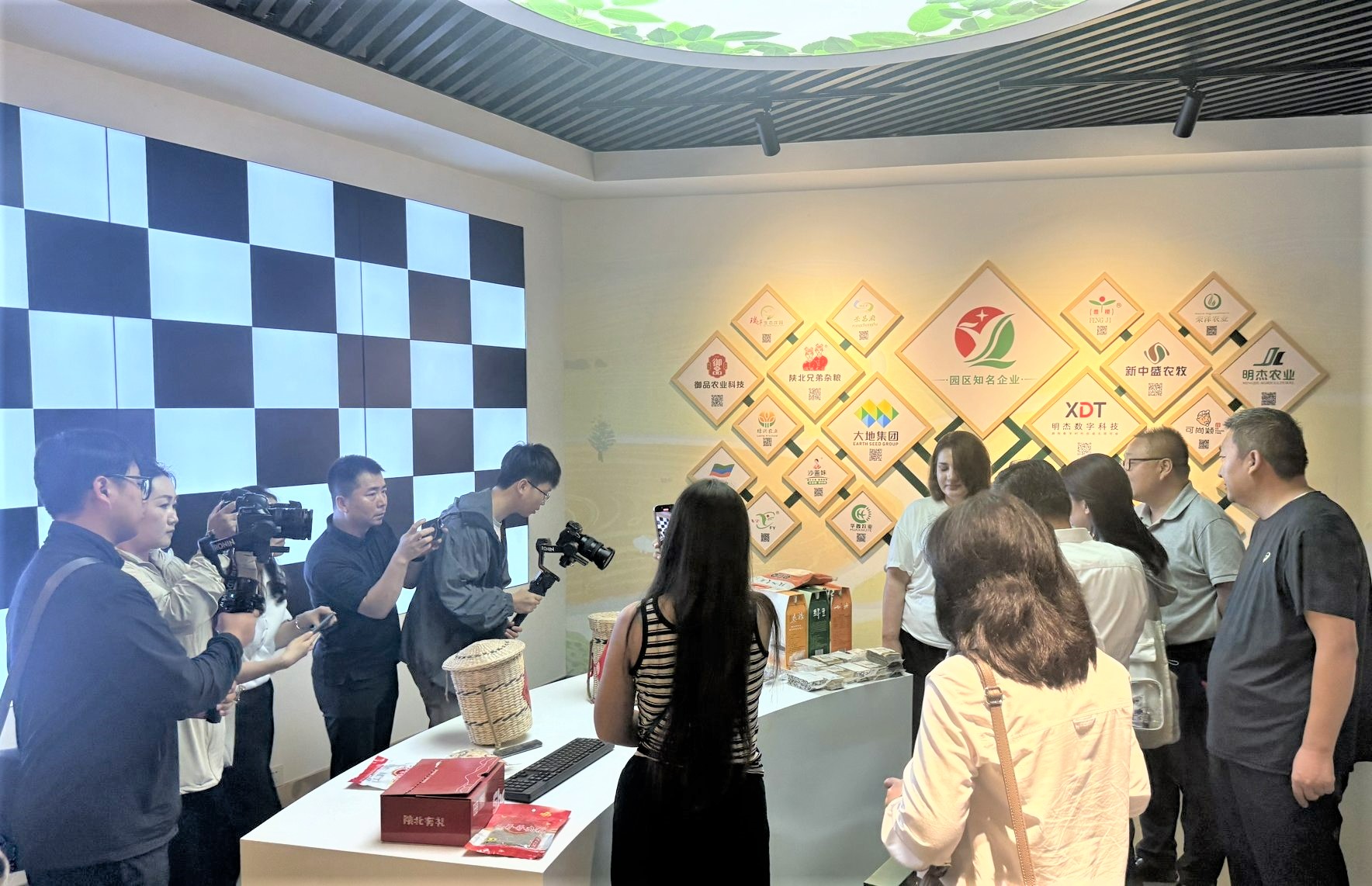
We saw that innovations in agriculture are not a luxury, but a necessity for sustainable development, especially in conditions where every drop of water counts. Yulin's experience in using drones for monitoring, precision farming systems and water-saving technologies, as well as educational activities for farmers — these are ready-made cases for study and potential implementation in Turkmenistan, especially in our native Karakum region, where the land is waiting for new approaches.
In addition, we saw how tourism and the agricultural sector can complement each other, creating new jobs and opportunities for development. This is also a valuable lesson for our country.
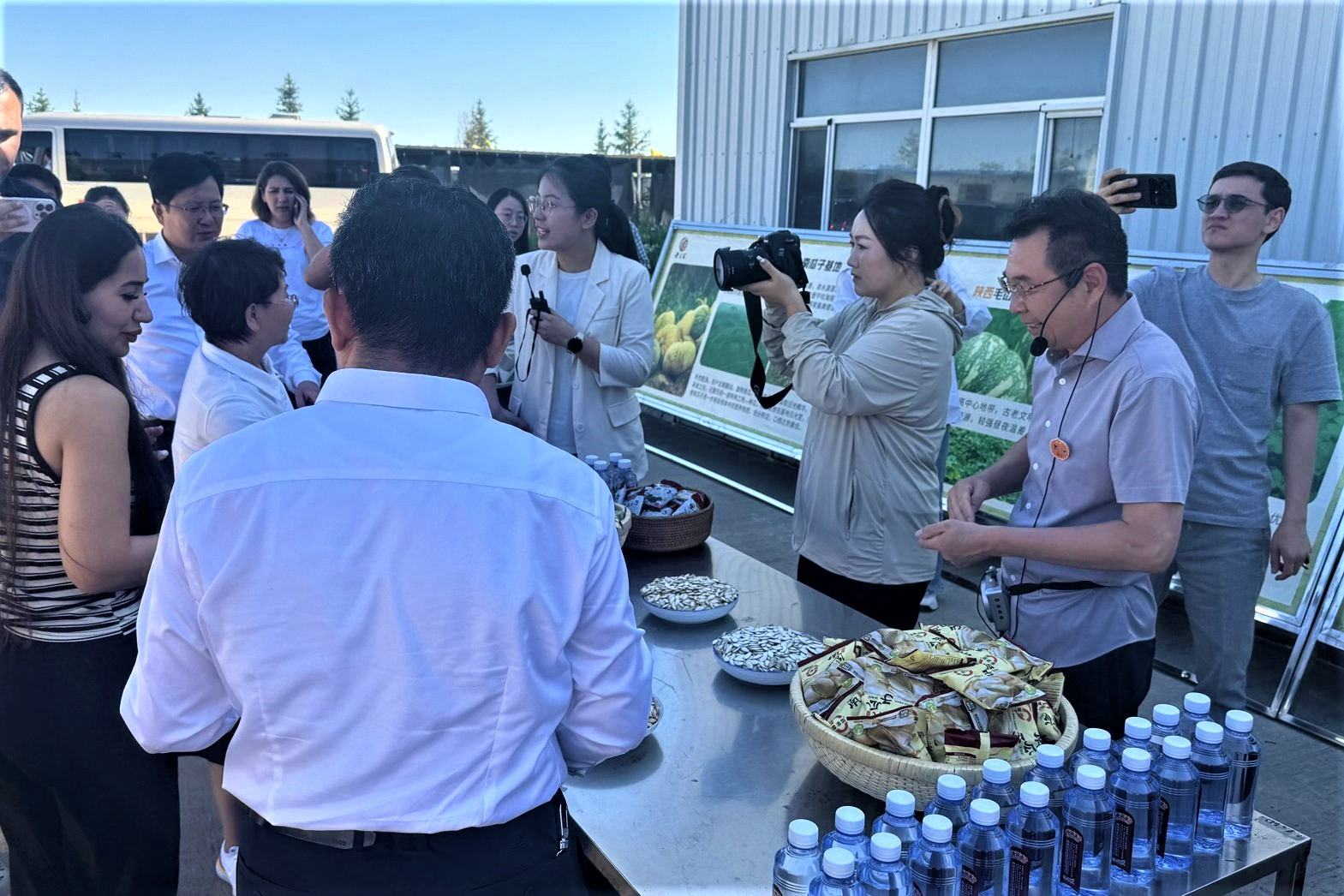
Our trip is not just a series of reports, but a kind of mission. As journalists, we get the opportunity to see the best practices and convey them to our audience, facilitating the exchange of experience and inspiring development. Because the future is not only our national traditions, which we honor, but also how we combine them with the world's advanced technologies.
Jumadurdy POTJIMOV,
Enejan KEPBANOVA











